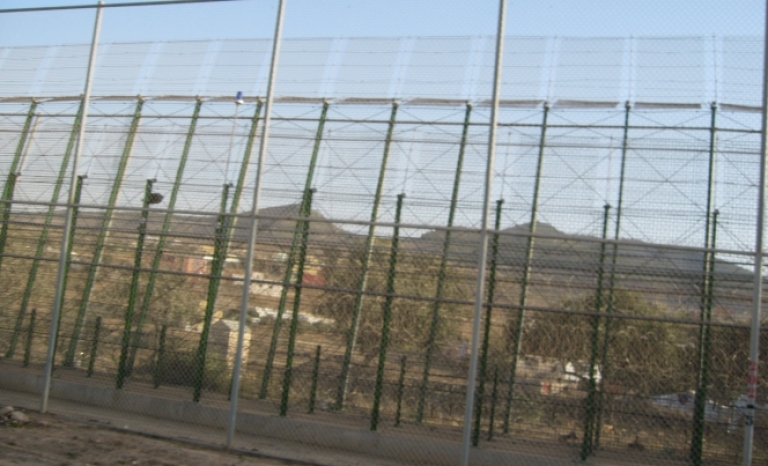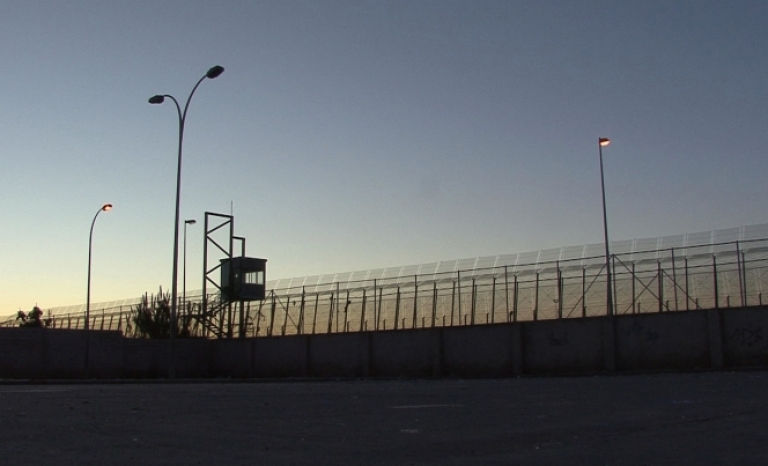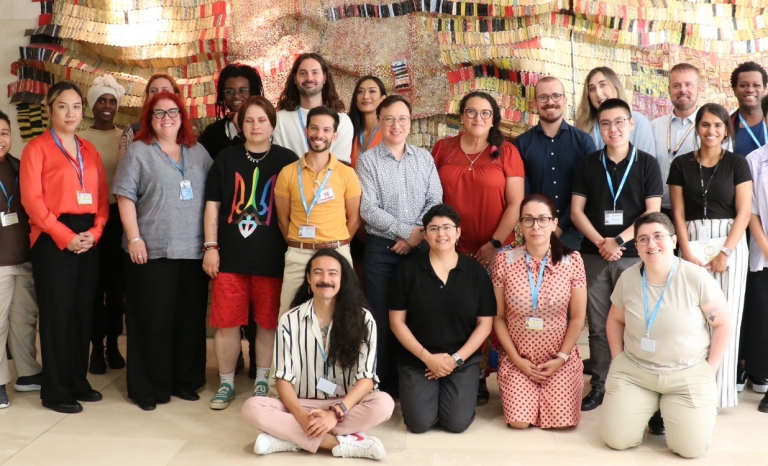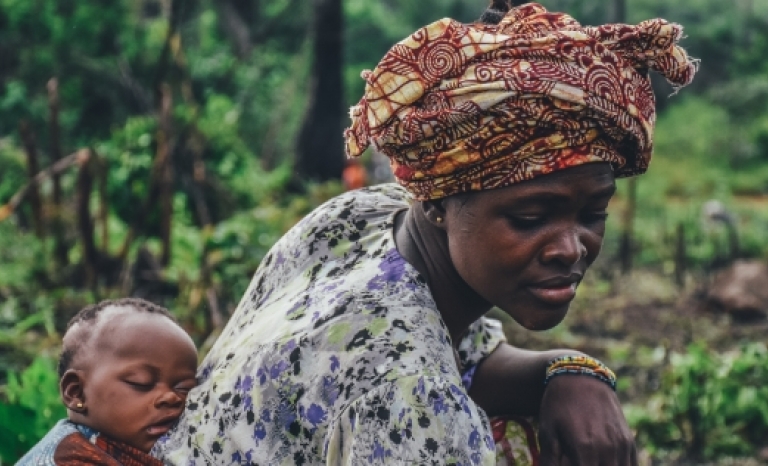The United Nations Committee Against Torture has published a report in which it urges Spain to effectively investigate the deaths in Melilla, as demanded by organizations such as Amnesty International.
In March of last year, the Spanish Minister of the Interior, Fernando Grande-Marlaska, had to appear before the European Parliament to give an account of the massacre in Melilla on June 24, 2022. Far from assuming any responsibility for the death of at least thirty-seven migrants (twenty-three according to official sources) who were attempting to cross the fence that separates Morocco and Spain, Grande-Marlaska once again unreservedly defended the police intervention that resulted in the killings.
"I do not have to assume any responsibility because the action of the State Security Forces was proportional in terms of legality in response to a violent attack," stated the Interior Minister in the European Parliament regarding the operation of the Spanish and Moroccan security forces.
Despite the insistence of the Members of the European Parliament, the Minister insisted that "the Prosecutor's Office concluded that there were no elements determining that the police officers of the State committed any criminal offense, neither in their overall actions during the development of these events nor afterwards at the time of the border rejections."
The United Nations Committee Against Torture (CAT) does not share this view and, in a report on Spain, has denounced the "lack of an effective investigation" by the State into the intervention of the Spanish security forces, which resulted in one of the worst massacres at the border.
"The committee urges the State to promptly and impartially investigate any possible responsibility of the members of the security forces during the police operation," the committee stated, while urging Spain to "take all necessary measures to ensure that a similar situation does not repeat in the future."
Over a year of impunity and opacity
The declaration of the UN Committee against Torture, which oversees the implementation of the Convention against torture, questioning the State's actions, is in line with what numerous entities and human rights organizations have consistently denounced. They have called for truth, reparation, and justice for the victims of that fateful day on June 22, 2022.
"The fact that no one from the Spanish government has taken any responsibility, neither in the political nor judicial sphere, sends a devastating message: from now on, a massacre like that will not entail any cost for those responsible," declared Youssef, one of the spokespersons for the movement that organized the demonstrations to demand accountability and reparation for the victims one year after the massacre.
Likewise, the CAT, the body of the United Nations High Commissioner for Human Rights composed of ten independent experts, has criticized that "the investigation opened by the Prosecutor's Office was archived for not finding evidence of wrongdoing in the actions of the Spanish agents, while the disciplinary investigation opened by the Civil Guard was also archived because it was not possible to identify any of the agents who allegedly threw stones at the immigrants."
Concern about summary expulsions and pushbacks
In the conclusions of the report, the CAT also expresses concern about "the persistence of summary expulsions and pushbacks," and therefore calls on the State to provide "more guarantees for any asylum seeker to have access to a fair and effective procedure."
In response to these conclusions, Amnesty International, which has already submitted two reports to the CAT regarding the events in Melilla in June 2022 and the violation of the principle of non-refoulement, has made it clear that "the statements of the CAT president once again highlight pushbacks as actions outside of international law and human rights," in the words of Virginia Álvarez, a researcher at the organization. She added that they trust that "this new warning serves to put an end to this practice in the next term."
In this regard, the committee also demands that Spain ensure, both in law and in practice, that "no person may be expelled, returned, or extradited to another State when there are well-founded reasons to believe that they may be at risk of torture or ill-treatment." Therefore, it calls for the "review of its legislation and practices concerning border pushbacks" and for the publication of comprehensive and disaggregated statistical information on pushbacks executed at the border.
1-O in Catalonia, the Tarajal case, and police racism
Beyond the massacre in Melilla, the CAT's report on Spain, covering the period from 2015 to 2023, also analyzes other events such as those stemming from October 1, 2017, in Catalonia. In this regard, the committee "observes with concern the slow progress of investigations" into the charges carried out by the Spanish law enforcement bodies during the celebration of the 1-O referendum.
Additionally, the report focuses on numerous complaints of "serious injuries, including ocular injuries, resulting from the use of kinetic impact projectiles made of rubber and foam," both in the context of managing demonstrations and border control activities.
Another incident mentioned in the report is the Tarajal case from 2014, in which about fifteen people died at sea while trying to cross into Spanish territory "while Civil Guard agents deployed riot control means to prevent it," as the report recalls. The committee also regrets the closure of the case opened for this tragedy.
In light of all this, the CAT once again recommends that the State review legislation on the use of force and weapons in accordance with international norms and standards; review and publish operational procedures and protocols regarding the management of demonstrations and border controls; and make efforts to ensure that law enforcement agents receive training on the use of force.
Finally, concerning an issue repeatedly denounced by entities like SOS Racisme, namely police racism in actions and investigations, which the organization, along with others, has recently highlighted in the campaign #DoyConElPerfil, the report demands that the State "limit body searches to strictly necessary cases and adhere to the criterion of proportionality concerning the pursued objective" and "guarantee the strict prohibition of identity checks based on racial profiling."











Add new comment